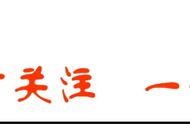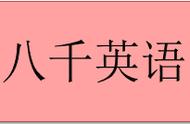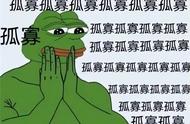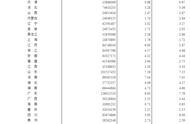1) 表示必须。must表示“必须”“一定要”,多指现在或将来的情况,指说话者认为有必要或有义务做某事。一般疑问句肯定回答用must,否定回答用needn’t或don’t have to。
At the bus stop, you must not push your way onto the bus.
在公交车站,你不能挤着上公交车。
You mustn't drive after drinking. 你绝不能酒后驾车。
2) 表示肯定推测,意为“一定是、准是”。常指有根据的、比较有把握的推测,接近于事实。仅用于肯定句。对现在的情况进行推测时,用”must 动词原形”结构,对过去的情况进行推测时,用”must have done”结构。如:
The man must be our math teacher. 那个人一定是我们的数学老师。
3) 表示偏要、偏偏 常用于疑问句中,用来表示一个人较强烈的感情。
Must you talk back to your mom? 你为什么偏要和*妈顶嘴呢?
4) 表示强调 常用于口语中,表示说话者坚定的态度。
Of course, your topic must have two sides.当然,你的主题必须包含两个方面。
5) 表示“应当做”,与should, ought to的意思差不多
Don’t eat in the classroom. You must eat in the dinning hall.不要在教室吃东西。你应该在餐厅吃东西。
6) 回答must 的提问
①肯定回答:Yes,…must. 如:
—Must I go home now? —Yes, you must. “我必须现在回家吗?” “是的,你必须。”
②否定回答:No,…needn't./No,…don't/doesn't have to. 如:
—Must I go home now?—No, you needn't/don't have to. “我必须现在回家吗?” “不,没必要。”






















